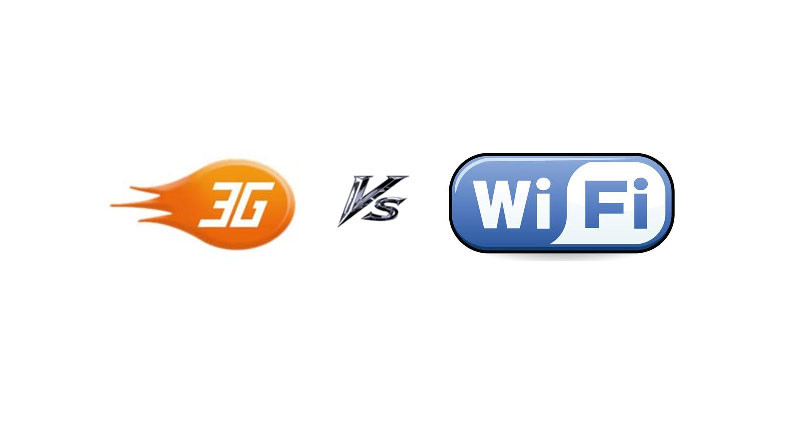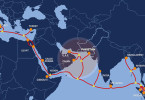There is an interesting debate in the telecom industry with different views on energy consumption by WiFi and 3G. A WiFi connection uses more energy per minute while a connection to a 3G network uses more energy on data transfer.
WiFi spends more power per minute regardless of whether it is active or not. Hence, it is recommended to disable WiFi when you are not using it.
In addition, if you are using your handset/tab in a location without wireless coverage, disabling the WiFi feature will save the battery of your device.
Remember, wireless devices constantly search for WiFi access points, so disabling WiFi will secure battery against fruitless searches for a wireless signal.
On the contrary, when you are in better WiFi coverage, WiFi consumes less power than 3G. The use of Wi-Fi is similar to the 2G network.
Wasted Power
Both 3G and WiFi waste “tail energy” during data transfers, because devices use more power during data transfers. This power loss is unavoidable, and it will occur regardless of the networking method you choose.
A poor 3G signal consumes three times than Wi-Fi
If you are living in a place where you are experiencing a weak 3G signal, then using 3G will drain the battery. If it happens, disable 3G on your device and keep it disable until you are in a strong coverage area.
If you are not downloading or using apps which consume mobile data, then it is advisable to enable 3G, because Wi-Fi consumes battery even in standby mode.
On the other side, if you’re about to download, stick to Wi-Fi and disable 3G.





